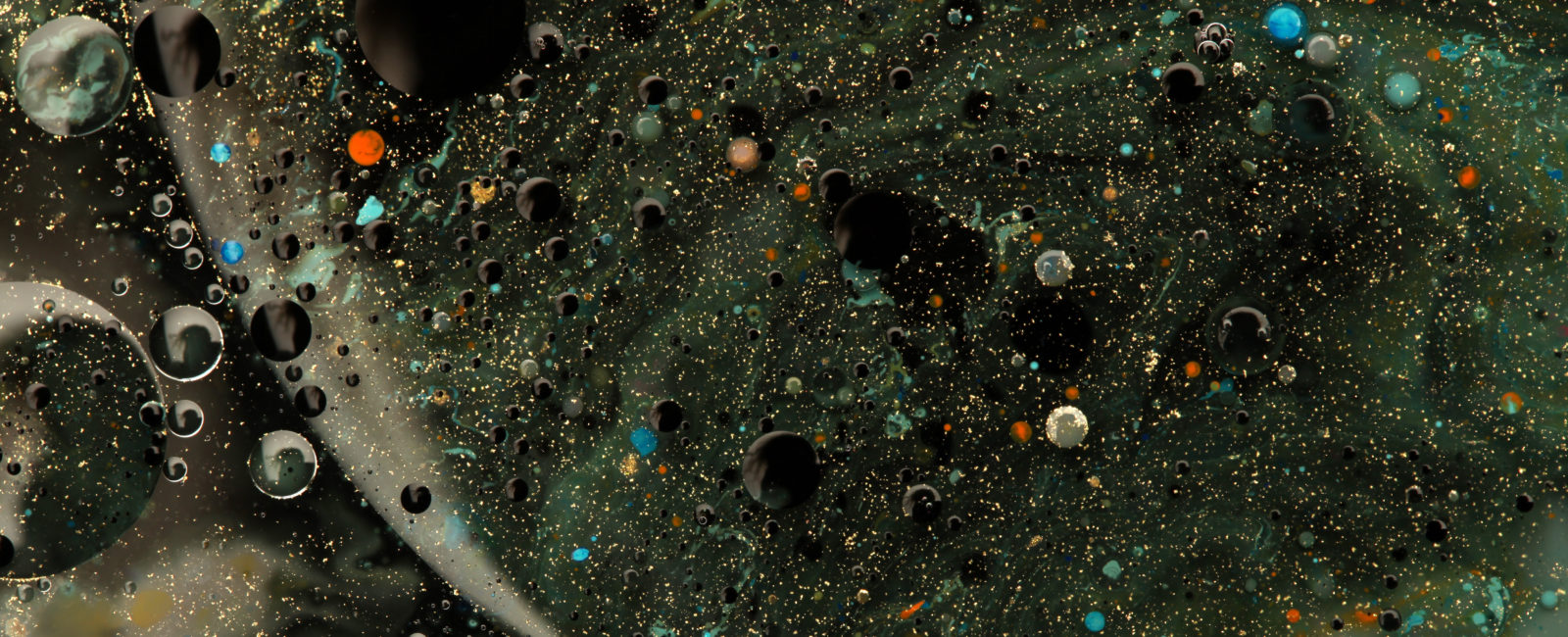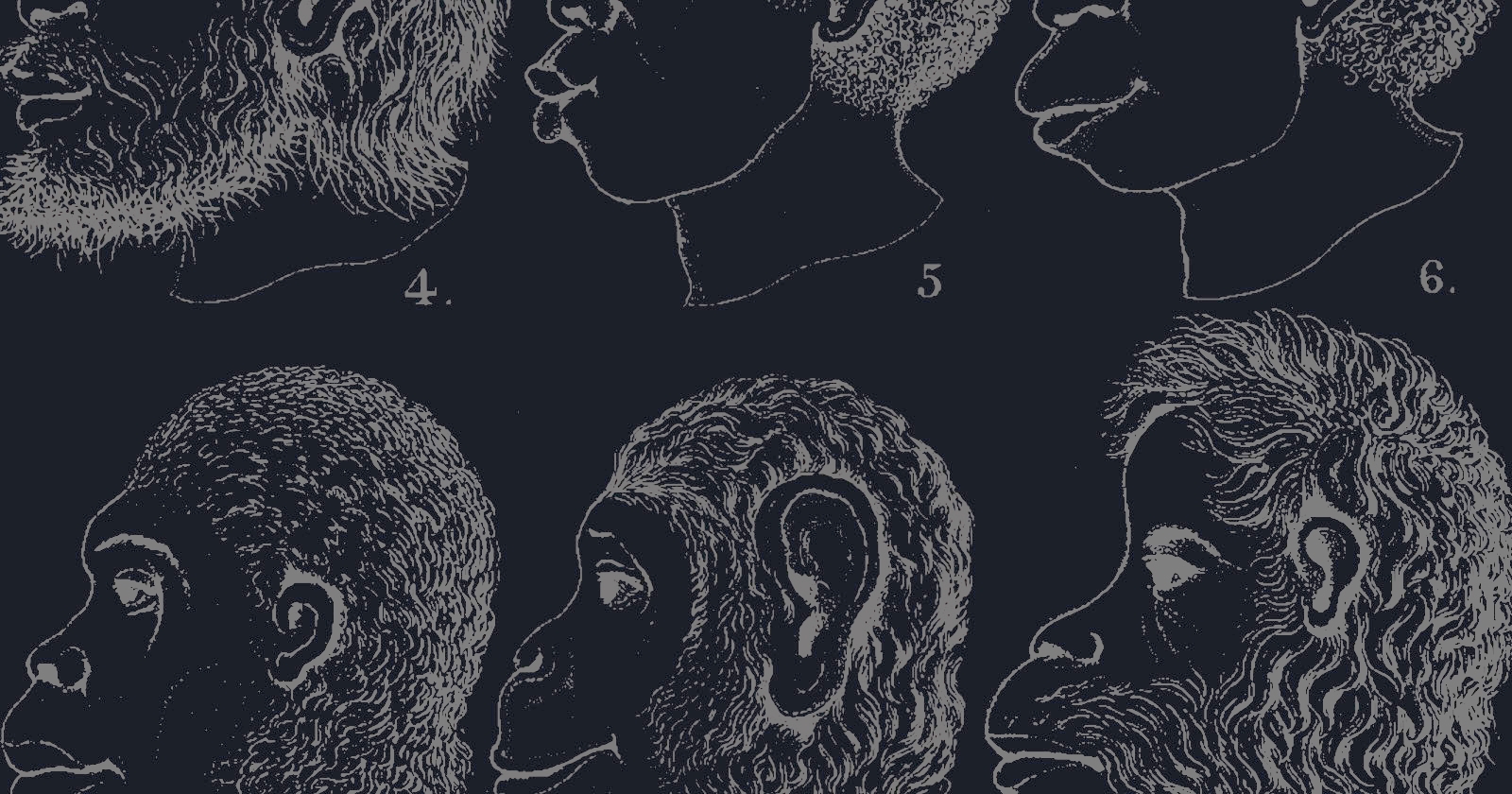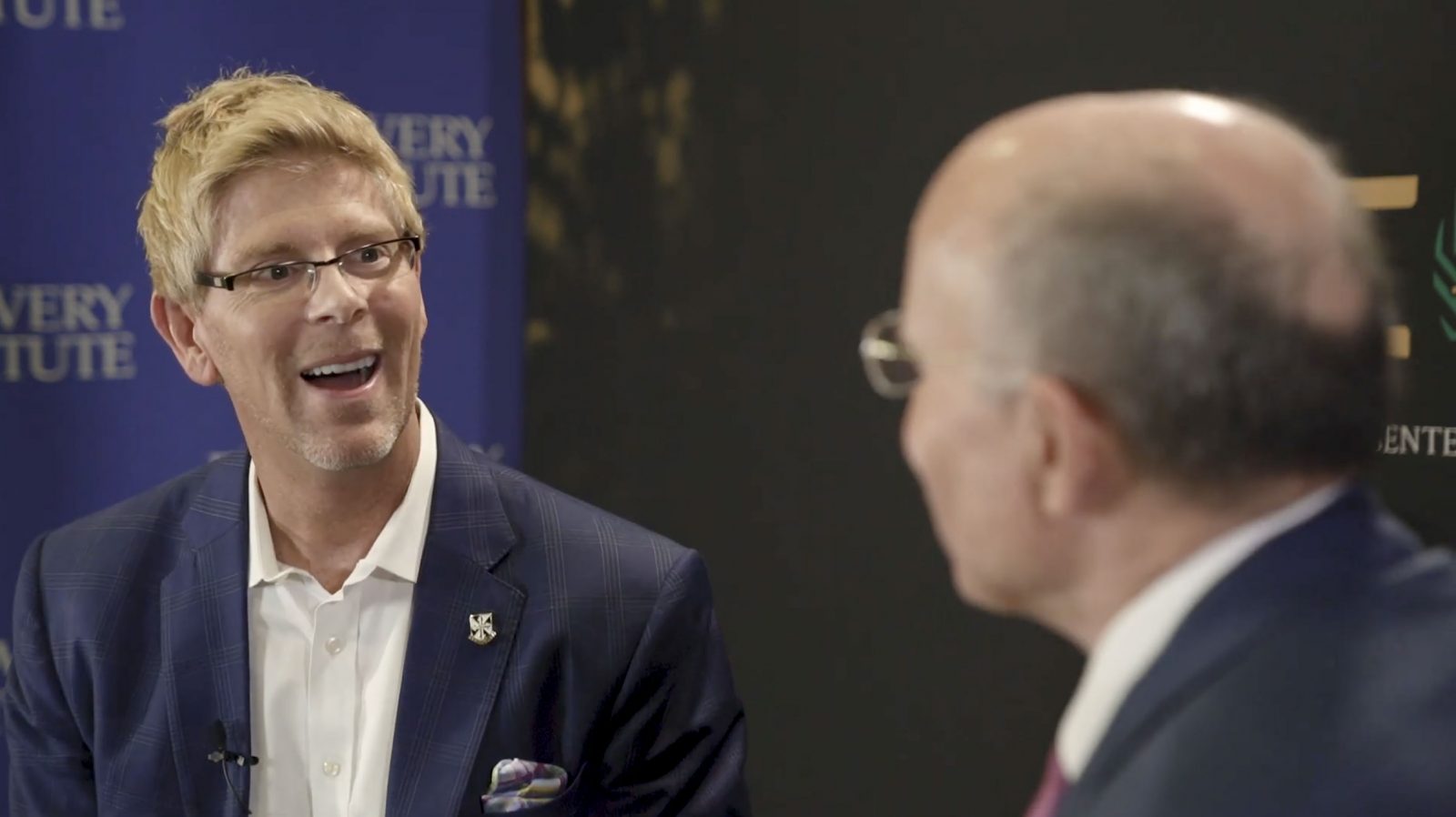


Eric Hedin on Suffering in a Designed World

Casey Luskin Talks Intelligent Design and Cultural Renewal on the Dr. Jeff Show

Eric Metaxas and Richard Weikart Spotlight Darwinian Racism
Today’s ID the Future brings listeners a lively conversation between radio host and bestselling author Eric Metaxas and historian Richard Weikart about Weikart’s new book, Darwinian Racism: How Darwinism Influenced Hitler, Nazism, and White Nationalism. Weikart provides a quick flyover of the evidence that the outlook of Hitler, the Nazis, and contemporary white nationalists is significantly shaped by Darwinism and the arguments of early Darwinists. Metaxas and Weikart then contrast the Darwinian foundation for morality with the Judeo-Christian foundation, which holds that all humans are made in the image of God and therefore possess inherent worth, regardless of race and regardless of one’s “fitness.” This episode is reposted here, with permission, from The Eric Metaxas Show. Check out Weikart’s new book here.

Jay Richards Dismantles Carl Sagan’s Passive Theist
On today’s ID the Future, philosopher Jay Richards and host Eric Anderson wrap up their conversation about a video where Carl Sagan plumps for atheism. At one point Sagan suggests that if we give up on the belief in God, then we realize that we’re on our own and instead of waiting around for God to save us, we can roll up our sleeves and save ourselves and our planet. Richards notes that Sagan’s argument involves a strawman view of the Judeo-Christian worldview, which is miles apart from the idea of sitting around doing nothing while waiting for God to save us. As Richards and Anderson discuss, it’s no coincidence that the Christian West invented universities, hospitals, and science. What about hypocritical Christians and relatively virtuous atheists? Richards and Anderson also tackle that one. Tune in to hear the rest, and check out Parts 1 and 2 here and here.

Cornelius Hunter: Determinism is Bizarre and Self-Defeating
On this ID the Future Cornelius Hunter continues discussing determinism, which he describes as a “bizarre position” held “with great confidence” by scientists such as the German physicist Sabine Hossenfelder. It’s bizarre, says Hunter, because if it’s true, then the universe’s initial conditions and the laws of nature produced the particular works of Beethoven and Shakespeare willy nilly. If it’s true, then all one says or thinks — right or wrong, true or false — was determined some 13.8 billion years ago. But if that’s the case, then there are no reasonable grounds for concluding that one’s belief in determinism is true. And like David Hume’s argument against miracles, determinism makes a false dichotomy between natural law and free will. The take-home lesson, according to Hunter: be cautious listening to “experts” speaking outside their fields. Hunter is joined by host and historian of science Michael Newton Keas.

Cornelius Hunter on the Determinedly Determinist
On this ID the Future Cornelius Hunter discusses the controversy over determinism and free will. Joined by host Michael Keas, Dr. Hunter, a specialist in biophysics and computational biology, takes listeners all the way back to Aristotle, then to Newton, then to Pierre-Simon Laplace, who theorized that a sufficient computation could determine the future based on just the universe’s initial conditions and the laws of nature. Laplace was a physical determinist, in other words, one who holds that the laws of nature determine everything. That includes human choices, which determinists today, such as German theoretical physicist Sabine Hossenfelder, take to be merely an illusory experience. But it’s “an irrational rejection of evidence” on their part, Hunter argues; evidenced by how blithely they sweep it aside.

Richard Weikart on How Darwinism Fueled Scientific Racism

Dr. Geoffrey Simmons On Human Design — and Re-Creating It in Robots
On this episode of ID the Future, author and physician Geoffrey Simmons joins host Andrew McDiarmid in a wide-ranging discussion of his new book, Are We Here to Re-Create Ourselves: The Convergence of Designs. From the foresight needed in the design of eyes, to our stereoscopic and redundant hearing systems, to the mysteries of design in the nervous and circulatory systems, signs of engineered design are everywhere in the human body.
Read More ›
Jay Richards at COSM Talks Kurzweil and Strong AI
On this episode of ID the Future, Andrew McDiarmid catches up with philosopher Jay Richards at the recent COSM conference in greater Seattle. The two discuss the history of George Gilder’s Telecosm conferences and how the first one gave birth to a book Richards edited and contributed to 18 years ago, Are We Spiritual Machines? Ray Kurzweil vs. the Critics of Strong A.I. Is the “singularity” coming, as Kurzweil argues there and elsewhere, when machines equal and then quickly surpass human intelligence? Does “machine learning” really mean learning? Will “Skynet” wake up? Jay describes Kurzweil’s sunny version of strong AI and the dystopian version. Then he argues the other side, namely that human beings possess something beyond the purely material, something even the most powerful computers will never possess.